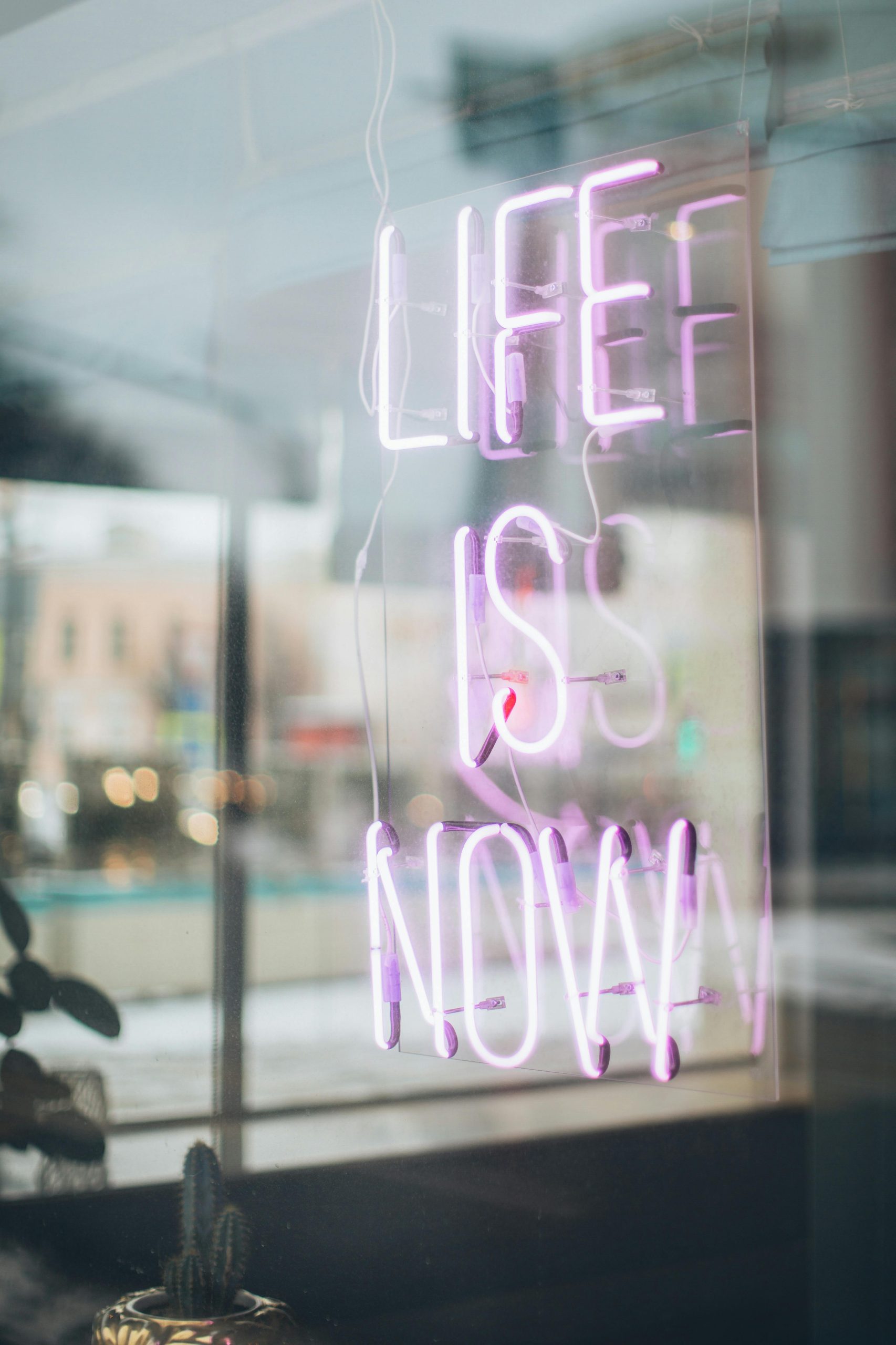Being a wedding witness is a relatively straightforward but important role. Traditionally, witnesses are required for the legal registration of a marriage to validate the ceremony. If you have been asked, or are considering volunteering, here are some details on what the role entails:
Requirements: The primary requirement is that you must be over the age of legal adulthood, which is 18 in the UK. You don’t need to be a relative or even well-acquainted with the couple.
Responsibilities: Your main responsibility is to observe the ceremony to ensure it is conducted legally. After the vows are exchanged, you will be asked to sign the marriage register or marriage license as an official witness. This is a declaration that you have witnessed the ceremony taking place legally.
Attire and Conduct: There are typically no stringent dress codes or formal requirements for witnesses, though dressing nicely (in line with the occasion) is generally appreciated. Being punctual and attentive is key, as your presence is essential.
Involvement: You may have the opportunity to participate in the ceremony more broadly, like being part of the processional or standing with the couple during the vows, depending on the couple’s preferences.
Benefits: Being a witness is an honour and allows you to be part of a significant moment in the couple’s life. It doesn’t require extensive time commitment and offers a chance to support friends or family in a meaningful way.
If you’re open to this small but significant role, it’s both a kind gesture and a unique experience.

This is a wonderful overview of the role of a wedding witness! I’d like to add a few thoughts that might help potential witnesses understand the significance of their participation a bit more deeply.
Being a witness is not just a legal formality; it’s a unique position of trust and support. You’re there to commemorate a pivotal moment in the couple’s life, and your presence can provide emotional backing as they embark on their journey together. For those considering volunteering, it can also serve as an opportunity to connect with the couple on a different level—offering them encouragement and perhaps even a bit of wisdom if the moment calls for it.
Additionally, it’s worth mentioning that if you’re volunteering as a witness, you may want to have a conversation with the couple about their vision for the day. Some couples have specific ideas or themes, and knowing how you can contribute to that can enhance the experience for everyone involved.
Finally, if you’ve been asked to be a witness and feel nervous about the responsibilities, remember that this is a supportive role. The couple selected you for a reason, and your presence alone can be a powerful affirmation of their love and commitment. Enjoy the experience—it has the potential to create lasting memories for both you and the couple!
What a wonderful overview of the role of a wedding witness! I’d like to add that beyond the legal and ceremonial aspects, being a witness can also serve as a profound opportunity to forge deeper connections with the couple and their loved ones. For those who may be hesitant about stepping into this role, it’s worth considering how this unique position can enrich your experience of the wedding day.
Additionally, if you’re approached to be a witness, you might also want to discuss with the couple how they envision that role fitting into their ceremony. Some couples may appreciate personal touches, such as sharing a favorite memory during the toast or being involved in pre-wedding festivities. This engagement not only strengthens your bond with the couple but also enhances the overall celebration.
Lastly, I would recommend discussing any potential responsibilities in advance—especially if the couple has specific requests for their witnesses. Clarity from the outset can help ensure that you feel comfortable and prepared for the big day. Ultimately, being a witness is as much about supporting the couple as it is about participating in their joy. Thank you for shining a light on this often-overlooked role!
This is a great overview of what it means to be a wedding witness! It’s worth emphasizing that, beyond fulfilling a legal obligation, serving as a witness is a meaningful way to support and celebrate a couple on one of the most important days of their lives. For those considering volunteering, it’s also an opportunity to witness a beautiful and often emotional moment firsthand, creating lasting memories. Additionally, since the role doesn’t require prior relationship with the couple, it can be a wonderful chance to be involved in a meaningful event even if you’re not directly related. Always remember, your presence and attentiveness can help ensure the ceremony goes smoothly and remains legally valid—truly a small but impactful contribution!